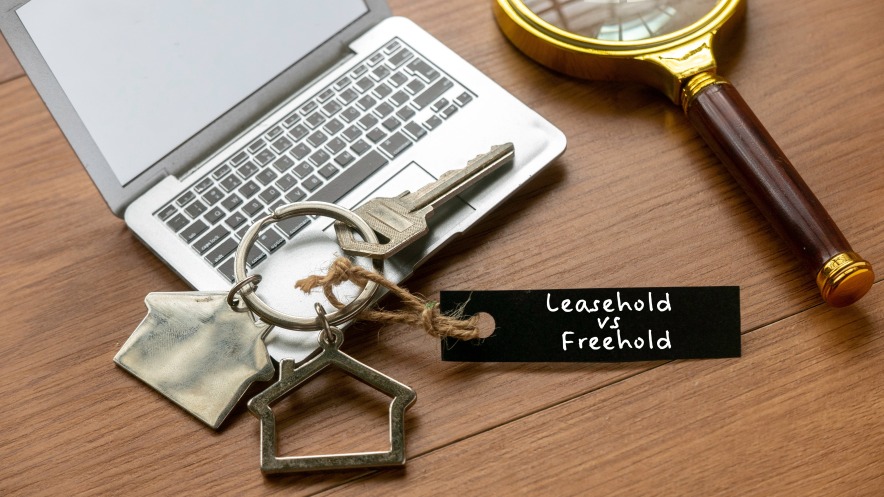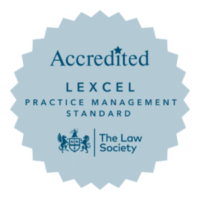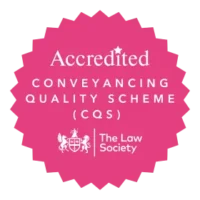Conveyancing: Freehold and Leasehold ownership – what you need to know.
21st May 2025
What is Freehold Ownership?
When you own the Freehold, you are the owner of the land and you control every aspect of it, subject to specific rights which may have been granted to others. If you own a Freehold house then, subject to planning and other regulations, you control the maintenance of the property and who lives there etc. Some Freehold are subject to covenants (promises) to do or not to do things connected with the land.
What is Leasehold Ownership?
A Leasehold interest in land provides you with the right to occupy it for a set period of time subject to certain conditions. The Leaseholder does not own the property outright but rather has the right to use it for the length of the lease/ once the lease term is up, ownership of the property reverts back to the Freeholder. This type of ownership typically applies when you are buying a flat and a Leasehold house may not be acceptable to a lender. Leasehold ownership can give rise to difficulties due to compliance with terms and interaction with other Leaseholders on the land.
Key differences between Leasehold and Freehold ownership:
Ownership
As indicated above, a Freeholder owns the land, a Leaseholder only owns the right to reside upon it in accordance with the lease conditions. If the terms of the lease are less than 85 years then this unlikely to be attractive to a lender and you may need to try and obtain a lease extension.
Responsibilities
With a Freehold the owner is responsible for the upkeep and maintenance of the house and the land it is built on. Although subject to statutory obligations, a Freeholder can otherwise decide what to do and when. By contrast, the conditions in a lease stipulate what a Leaseholder must do and sets out obligations between the Freeholder and Leaseholder.
Costs
Leasehold ownership often comes with additional costs such as service charges and ground rent, although any new leases must only charge a peppercorn rent. There have been many cases recently of extortionate rents and other unreasonable obligations which need to be corrected. Ownership costs for a Freehold are normally incurred when you want to pay them, unless there is a tenant or other obligation. There are also additional fees upon the sale of a Leasehold property, such as notice fees which may be charged by the management company.
Restrictions
Leasehold ownership can come with certain restrictions, such as alterations to the property or restrictions on subletting and it may be necessary to obtain consents from certain persons. There can also be restrictions and covenants on a Freehold property, however the restrictions on a Leasehold property tend to be more strict than a Freehold property.
Related news
Articles you may find useful
Like this article? Sign up for our regular newsletters






